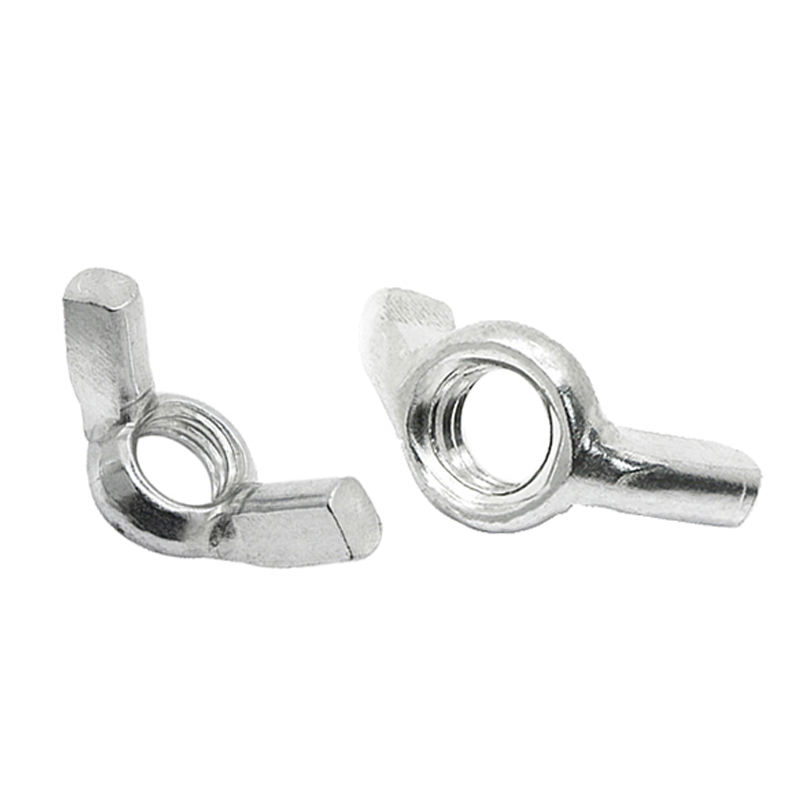

Exploring the Characteristics and Applications of Stud Bolts in Various Industries and Settings
Tem . 27, 2024 03:53 Back to list
Exploring the Characteristics and Applications of Stud Bolts in Various Industries and Settings
The Versatility and Importance of Stud Bolts in Various Applications
Stud bolts are essential fastening components used across numerous industries, including construction, automotive, aerospace, and manufacturing. Their unique design, characterized by a threaded rod with a bolt end on each side or a stud with a nut at each end, provides several advantages that make them critical in applications requiring strong and reliable joints.
What is a Stud Bolt?
A stud bolt typically consists of a long cylindrical rod that is fully or partially threaded along its length. The threads allow for the secure attachment of nuts, enabling the stud to anchor various components together. Unlike conventional bolts, which feature a head at one end, stud bolts can be inserted through holes in materials and fastened on both sides, offering flexibility in design and installation.
Key Characteristics of Stud Bolts
1. Strength and Durability Stud bolts are manufactured from high-strength materials, including carbon steel, stainless steel, and alloy steels. This makes them resistant to wear and able to withstand high tension loads, making them suitable for critical applications in harsh environments.
2. Versatility These fasteners come in various lengths, diameters, and thread types, allowing engineers to select the most appropriate stud bolts for specific requirements. Their adaptability enables them to be used in a wide range of applications, from securing heavy machinery to supporting structures in civil engineering.
3. Ease of Installation The design of stud bolts facilitates straightforward installation. Users can easily insert them into pre-drilled holes, then fasten them on both ends with nuts. This method often reduces installation time and labor costs.
stud bolt 1 2

Common Applications of Stud Bolts
1. Construction In construction projects, stud bolts play a vital role in connecting steel beams, columns, and other structural elements. They provide the necessary strength and stability required to support loads and ensure the safety of buildings and infrastructure.
2. Aerospace The aerospace industry relies on stud bolts for securing critical components in aircraft. Given the high-stress environments experienced during flight, the strength and reliability of stud bolts are paramount for maintaining the integrity of aircraft systems.
3. Oil and Gas Stud bolts are commonly used in the oil and gas industry for flanged connections in pipelines, pumps, and pressure vessels. The materials chosen for these applications must resist corrosion and withstand extreme temperatures and pressures, making stud bolts an ideal choice.
4. Automotive In automotive engineering, stud bolts secure various components, including engine blocks, transmission systems, and chassis components. Their ability to handle vibration and stress is crucial in maintaining vehicle performance and safety.
Conclusion
Stud bolts are indispensable fasteners that provide rigorous strength, adaptability, and ease of use across multiple industries. Their unique design allows for safe and reliable connections in demanding environments, making them the preferred choice for engineers and manufacturers alike. As technology continues to evolve, the materials and manufacturing techniques for stud bolts will likely advance, further enhancing their performance and applicability. Whether in a high-rise building, an aircraft, or an oil rig, stud bolts are key players in ensuring the stability and safety of various systems.
Latest news
-
Hot Dip Galvanized Bolts-About LongZe|High Strength, Corrosion Resistance
NewsJul.30,2025
-
High-Strength Hot Dip Galvanized Bolts - Hebei Longze | Corrosion Resistance, Customization
NewsJul.30,2025
-
Hot Dip Galvanized Bolts-Hebei Longze|Corrosion Resistance&High Strength
NewsJul.30,2025
-
High-Strength Hot-Dip Galvanized Bolts-Hebei Longze|Corrosion Resistance&High Strength
NewsJul.30,2025
-
Hot Dip Galvanized Bolts-Hebei Longze|Corrosion Resistance&High Strength
NewsJul.30,2025
-
Hot Dip Galvanized Bolts - Hebei Longze | Corrosion Resistance, High Strength
NewsJul.30,2025

